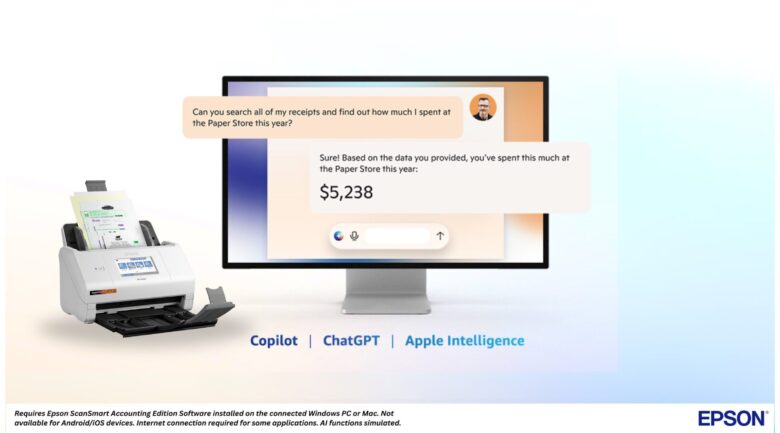In today’s competitive market, customers expect more than just products or services—they want personalized experiences that make them feel valued. For small businesses, delivering this level of personalization can seem daunting, but artificial intelligence (AI) makes it achievable and scalable. By leveraging AI tools, small businesses can use AI to create personalized customer experiences for small businesses that drive engagement, loyalty, and sales. Here’s a step-by-step guide to using AI for personalized customer experiences.
Understand Your Customers with Data
The foundation of personalization is data. AI-powered tools like Google Analytics 4 and HubSpot CRM help small businesses collect and analyze customer data, including:
- Demographics (age, gender, location).
- Behavior (purchase history, website activity).
- Preferences (products viewed, content engaged with).
For example, a small online retailer can use Google Analytics 4 to track which products a customer views most frequently and tailor recommendations accordingly. The more data you have, the better AI can help you understand your customers.
Segment Your Audience
Once you’ve gathered data, the next step is to segment your audience into meaningful groups. AI tools like Klaviyo and ActiveCampaign use machine learning to automatically segment customers based on shared characteristics.
For instance, a fitness studio can create segments like “yoga enthusiasts,” “gym beginners,” or “high-intensity workout fans.” These segments allow you to deliver targeted messages and offers that resonate with each group.
Personalize Email Campaigns
Email marketing is a powerful way to connect with customers, and AI takes it to the next level. Tools like Mailchimp and Omnisend use AI to:
- Generate personalized subject lines and content.
- Send emails at optimal times for each recipient.
- Recommend products based on past purchases.
For example, a local bakery can use Omnisend to send personalized emails featuring favorite pastries or exclusive discounts to loyal customers. This level of personalization boosts open rates, click-through rates, and conversions.
Tailor Website Experiences
Your website is often the first point of contact for customers, and AI can help you make it more personalized. Tools like Dynamic Yield and Optimizely use AI to:
- Show personalized product recommendations.
- Display location-specific offers.
- Adjust website content based on user behavior.
For instance, an e-commerce store can use Dynamic Yield to show different homepage banners to first-time visitors versus returning customers. This ensures that each visitor sees content relevant to their needs.
Leverage Chatbots for Real-Time Personalization
AI-powered chatbots like Zendesk Chat and ManyChat provide instant, personalized support to customers. These tools can:
- Answer frequently asked questions.
- Recommend products based on customer preferences.
- Guide users through the purchase process.
For example, a small business can use ManyChat to create a chatbot that recommends products based on a customer’s browsing history. This not only enhances the customer experience but also increases the likelihood of a sale.
Use AI for Personalized Advertising
AI can help small businesses create personalized ad campaigns that resonate with their audience. Platforms like Facebook Ads Manager and Google Ads use machine learning to:
- Target specific audience segments.
- Show personalized ad creatives.
- Optimize ad spend for maximum ROI.
For instance, a local coffee shop can use Facebook Ads Manager to show ads featuring seasonal drinks to customers who have previously visited their website. This level of personalization increases the chances of conversion.
Analyze and Refine Your Strategy
AI doesn’t just help you create personalized experiences—it also helps you measure their effectiveness. Tools like Tableau and Google Analytics 4 provide insights into key metrics such as:
- Engagement rates.
- Conversion rates.
- Customer lifetime value (CLV).
For example, a small business can use Google Analytics 4 to track how personalized product recommendations impact sales. These insights allow you to refine your strategy and focus on what works.
Real-World Examples of AI in Action
Many small businesses are already using AI to create personalized customer experiences. For example:
- A Local Boutique: Used Klaviyo to send personalized emails featuring new arrivals, resulting in a 25% increase in sales.
- An Online Course Provider: Leveraged Dynamic Yield to recommend courses based on user behavior, achieving a 30% boost in sign-ups.
- A Fitness Studio: Implemented ManyChat to provide personalized workout plans, leading to a 20% improvement in customer retention.
These examples demonstrate how AI can help small businesses achieve measurable results and compete with larger brands.
Choosing the Right AI Tools for Your Business
With so many AI tools available, it’s important to choose the ones that align with your business goals and budget. Some popular options include:
- Klaviyo: For personalized email marketing.
- Dynamic Yield: For tailored website experiences.
- ManyChat: For AI-powered chatbots.
- Google Analytics 4: For data analysis and insights.
Start with one or two tools and expand as your needs grow.
By leveraging AI, small businesses can create personalized customer experiences that drive engagement, loyalty, and sales. From understanding your customers and segmenting your audience to personalizing emails, websites, and ads, AI offers a range of solutions to help you succeed.
Ready to take your customer experience to the next level? Explore platforms like Klaviyo, Dynamic Yield, and ManyChat to see how AI can transform your business. The future of customer experience is here, and it’s powered by AI.




